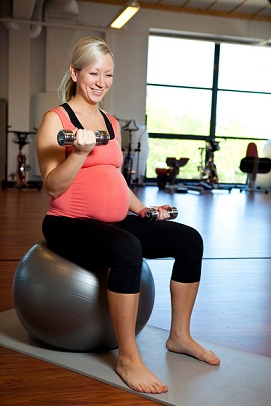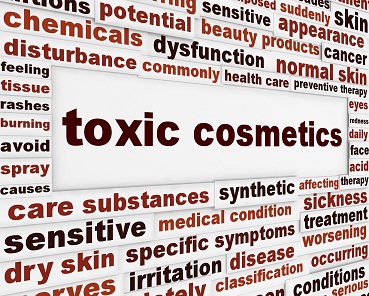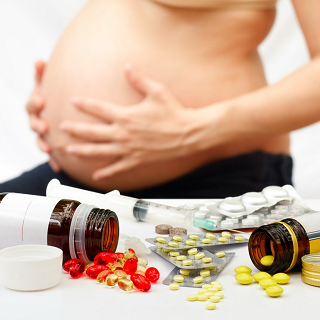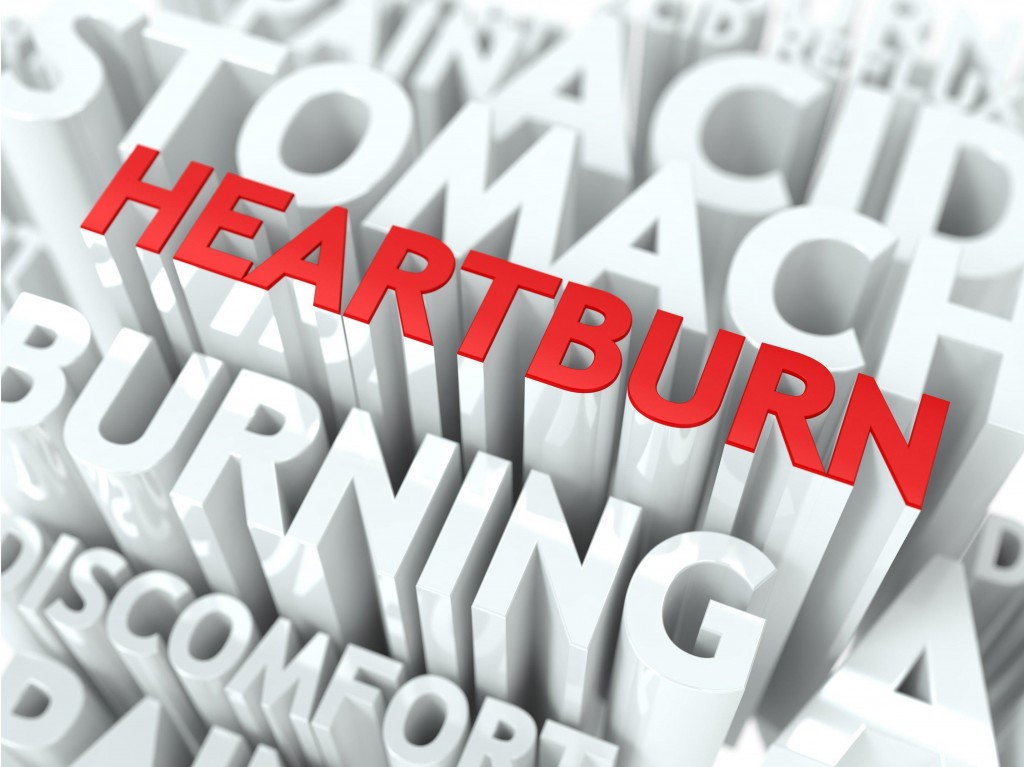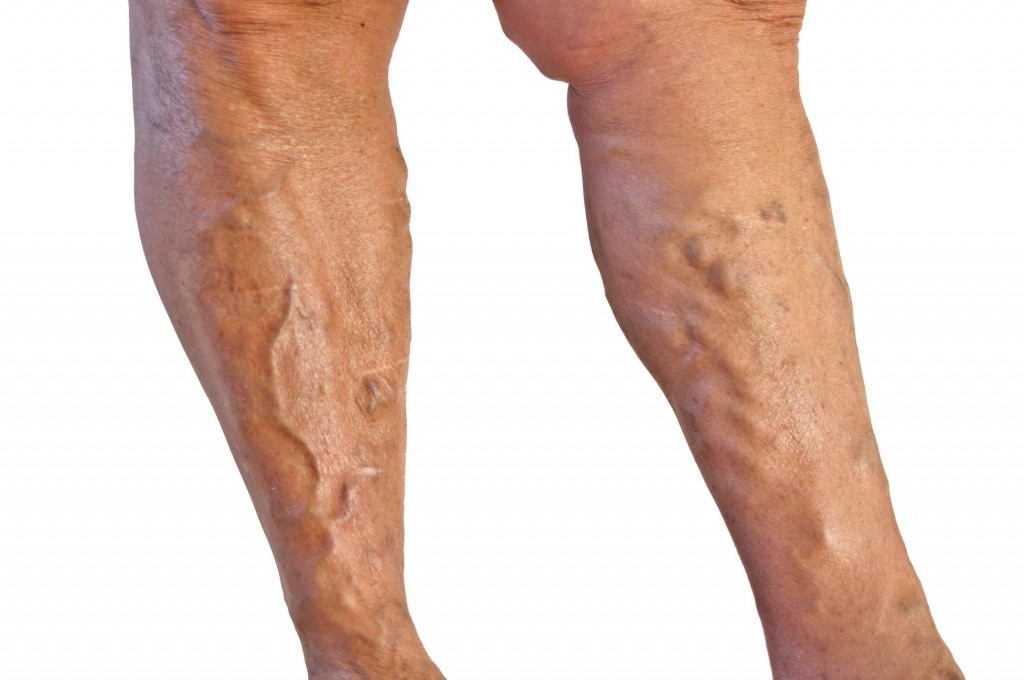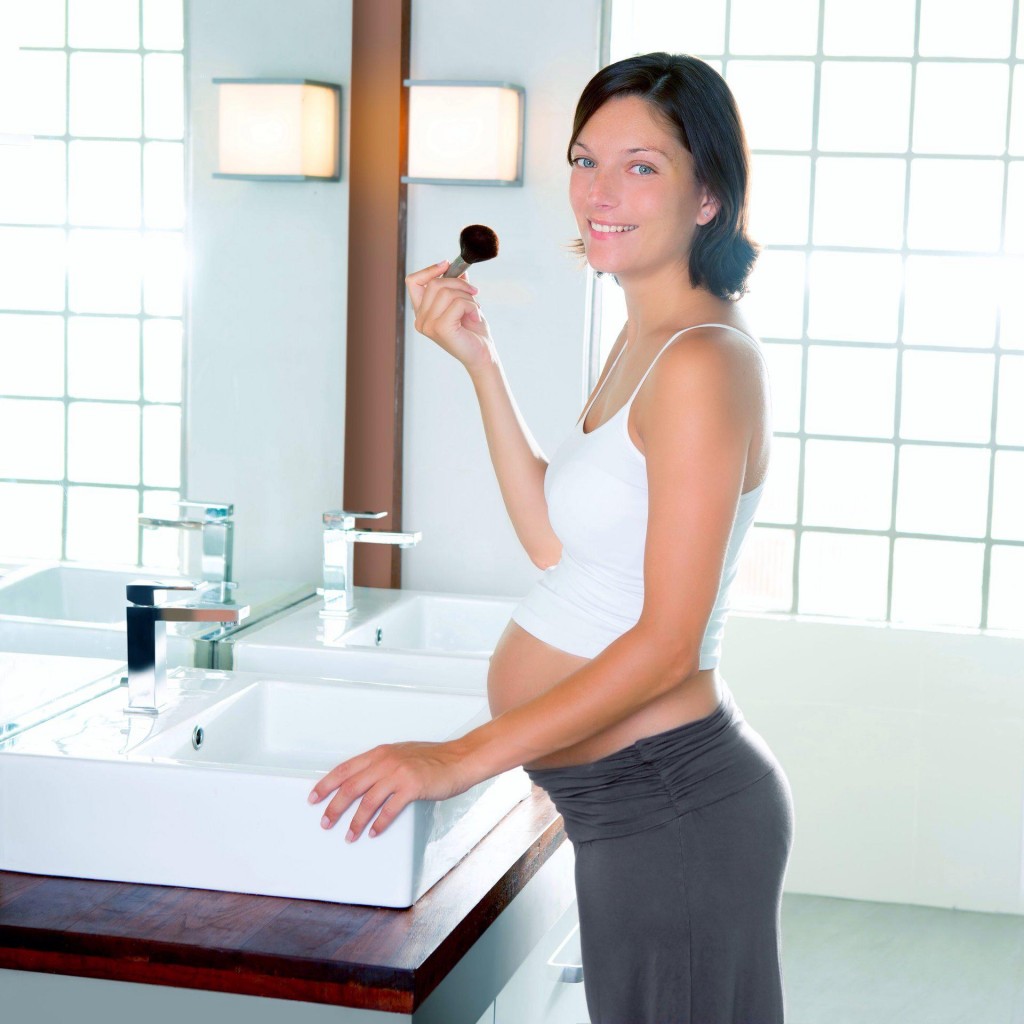Chronic Hypertension in Pregnancy
What is it?
Chronic hypertension affects up to 5% of all pregnancies. If you have a blood pressure of 140/90 or greater AND you are before 20 weeks gestational age, then you may have chronic (pre-existing) hypertension. Because most women of childbearing age are young, they often do not go to their doctor for checkups because they feel “healthy”. Pregnancy involves multiple visits to your medical provider, and it may be here that elevated blood pressure is first noted. If you are noted to have elevated blood pressure (greater than 140/90) and you are past 20 weeks gestational age, then your diagnosis is gestational hypertension, or elevated blood pressure during pregnancy. In this case you will be evaluated 12 weeks after you deliver to determine if your hypertension persists; if it does, then you have chronic hypertension, if it resolves then you had transient hypertension.
Risk factors for developing hypertension include obesity, substance abuse, chronic exposure to toxins, advanced maternal age, pre-existing diabetes mellitus, other medical conditions such as lupus, renal disease, and genetics.
If you have chronic hypertension, you are probably on medication. If you are on angiotensin-converting enzyme inhibitors (ACE) or a similar class (ARB) these medications are teratogens associated with congenital malformations in the fetus and are NOT recommended during pregnancy. You should discuss your medications with your obstetric health care provider as early as possible. Classes of antihypertensives that safe in pregnancy include calcium channel blockers, and beta blockers.
Hypertension is a very dangerous disease both during pregnancy and outside of pregnancy. It is called the “silent killer” because the you, the patient don’t feel ill, or sick, however you may have blood pressure that is elevated. The elevated blood pressure causes damage to the placenta (affecting the baby), can injure your kidneys, brain, and your heart.
How it affects the Pregnancy?
I tell my patients that hypertension is like having really big waves on a beach. Eventually, the force of the big waves crashing on the soft sandy beach, will erode the beach. Similarly, elevated blood pressure damages the delicate placenta. If 50-70% of the placenta gets damaged, the placenta cannot function optimally. Accordingly the baby gets less nutrients, and oxygen. Subsequently the baby will stop growing appropriately, and if the placenta gets further damaged, it may eventually lead to fetal demise, or the placenta getting bruised (abruption). In this case there is bleeding inside the placenta, and there can be severe injury to both mother and baby; this is considered a pregnancy emergency.
Hypertension in pregnancy also places the mother at risk for worsening hypertension, pre-eclampsia and eclampsia. Pre-eclampsia is a condition in which the maternal blood pressure rises and this causes adverse maternal reactions in the maternal kidney, liver and brain. If this condition continues to evolve, a small percent of women may develop
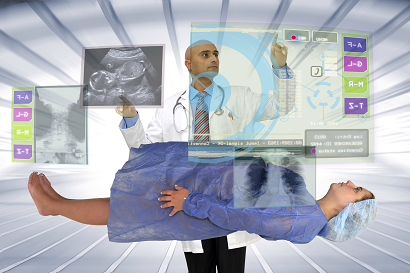
a seizure with convulsions (eclampsia). The only way to treat pre-eclampsia and eclampsia is delivery. If pre-eclampsia occurs before 32 wks, there may be a role for expectant management, as the prematurity of fetal delivery places the baby at risk other sequelae of prematurity. When the pregnancy is complicated by a condition that necessitates delivery, women are given injections of Corticosteroids (Betamethasone/ Celestone), 2 injections 24 hours apart. This medication crosses the placenta and accelerates tissue maturity of the fetus therefore protecting the baby from some of the more severe sequelae of delivering prematurely.
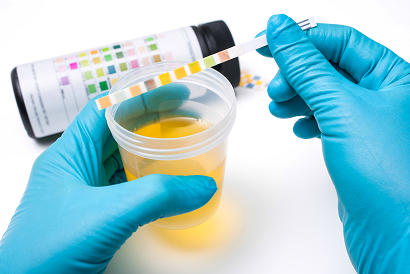
Diagnosis and Treatment
The diagnosis of chronic hypertension is based on the finding of elevated blood pressure over 140/90 before 20 weeks gestational age. If elevated blood pressure is noted after 20 weeks gestation, then the diagnosis is called gestational hypertension. When the elevated blood pressure is accompanied by proteinuria, and elevated liver enzymes, the diagnosis is a variant called HELLP syndrome (Hemolysis, Elevated Liver Enzymes, Low Platelets). Generally this condition warrants immediate delivery, but gestational age always plays a role.
If you have this condition before or during pregnancy, your obstetrician will want to establish baseline values of your kidney function, platelet count, and liver tests. The kidney function is assessed by checking your urine for presence of protein. Both the platelet count and liver tests are blood tests.
Hypertension in pregnancy is treated with Beta Blockers, Calcium Channel Blockers, or diuretics. The goal of anti-hypertensive therapy is to keep the blood pressure below 140-150/90-100. In the past Methyldopa was used, however as the safety profile of the other beta blockers, diuretics and calcium channel blockers in pregnancy has been established, methyldopa is out of favor. One beta blocker in particular, atenolol, is NOT recommended in pregnancy as it is associated with growth restriction (impaired fetal growth).
After delivery, you may need to be reassessed by your primary care physician to see which medication is best for your hypertension. Often women with pre-eclampsia, eclampsia, and gestational hypertension may need treatment for up to 6 weeks postpartum. If they need treatment beyond this time period, the diagnosis of chronic hypertension should be considered.
Recently it has been found that women with pre-eclampsia, eclampsia and the disorders of hypertension in pregnancy are at higher risk for cardiovascular events later on in life. Careful followup with your primary care physician, and awareness of your blood pressure values is important to ensure that you do not become a victim to this “silent killer”.
For more helpful pregnancy hints, instructional pregnancy videos, upcoming podcasts and to get more information about the world’s first non-toxic makeup exclusively for pregnant women, please go to www.VSACHARMD.com.
Copyright 2014 V Sachar MD. All Rights Reserved.
No part of this post may be duplicated without expressed consent by author.


